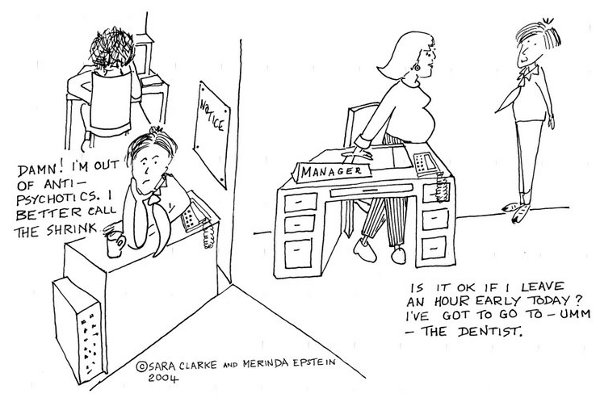Happy New Year!
So the end of the year has me reflecting on the things that have..well...annoyed me a bit this past year, and about the things I'd hope could be different. It gave me a chance to take stock and come up with my wish list, which is up on our Clinical Psychiatry News website Here.
Do surf over and let me know what you think.
What did I miss? What would you like to see change?


